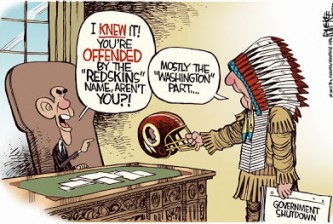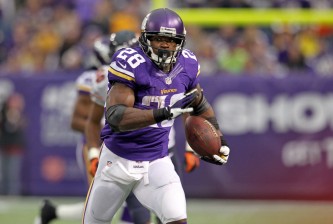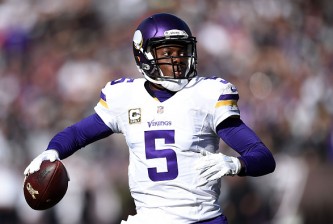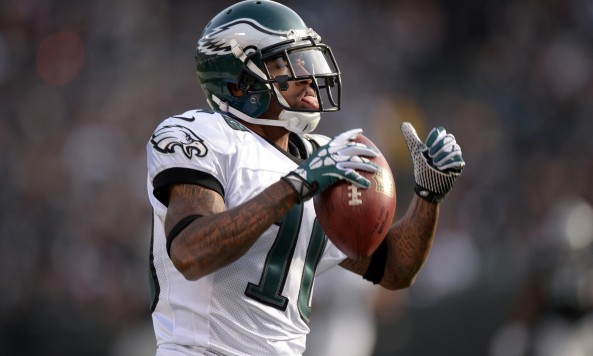Richard Sherman has never shied away from stating his opinion, and those views often land him in hot water, at least in the eyes of the public. Occasionally, Sherman makes a solid observation, and this is one of those cases.
Sherman, who occasionally writes at MMQB.si.com, took to the old pen and paper (actually to the mouse and keyboard) to point out an apparent double standard in the Eagles’ decision to jettison DeSean Jackson after learning of alleged ties to gang activity while hanging onto, and eventually giving a new contract to, Riley Cooper after being caught on camera yelling the “N” word.
“NFL teams understand that. The Seattle Seahawks get it, Sherman wrote. The Philadelphia Eagles apparently do not.
“This offseason they re-signed a player who was caught on video screaming, ‘I will fight every n—– here.’ He was representing the Philadelphia Eagles when he said it, because, of course, everything we do is reflective of the organization. But what did they do to Riley Cooper, who, if he’s not a racist, at least has “ties” to racist activity? They fined him and sent him to counseling. No suspension necessary for Cooper and no punishment from the NFL, despite its new interest in policing our use of the N-word on the field. Riley instead got a few days off from training camp and a nice contract in the offseason, too.”
Sherman continued to write, ”Commit certain crimes in this league and be a certain color, and you get help, not scorn. Look at the way many in the media wrote about Jim Irsay after his DUI arrest. Nobody suggested the Colts owner had “ties” to drug trafficking, even though he was caught driving with controlled substances (prescription pills) and $29,000 in cash to do who-knows-what with. Instead, poor millionaire Mr. Irsay needs help, some wrote.”
It’s not an unfair comparison, but Sherman fails to take into a few factors that do shift the dynamic at least a little bit. Whether that changes the conclusion is up to each individual person.
First, Cooper was drunk at a concert yelling a vulgar word. His behavior reflected poorly on the Eagles, but it was a one-time occurrence. It was a story that faded away, and because Cooper’s actions were one instance of poor judgment, he wasn’t completely destroyed by it. I don’t mean to infer that Cooper may not have said the “N” word off camera before, in fact it’s completely possible that he did, but it was the first time he’d been a major issue for the Eagles.
Jackson’s alleged gang affiliation is a completely different set of circumstances. Whether he really has ties to a gang or not is completely irrelevant. Jackson is perceived to be a long-term problem, and that perception is really all that matters in the NFL. In addition to the perception of a long-term issue, Jackson has been a locker room problem for the Eagles for some time. It’s possible Philadelphia was taking Jackson’s alleged gang affiliation as an excuse to unload poison from the locker room.
Sherman’s comparison between Cooper and Jackson isn’t completely unfounded. Still, I don’t think it’s fair to the Eagles management to attribute their decisions regarding personnel to racial prejudice, especially since the Eagles haven’t fully elaborated on why they’ve made the decisions they’ve made. Sure, it’s fair to wonder why Cooper is still with the team and Jackson is not, but let’s not throw a whole organization under the bus just yet.























